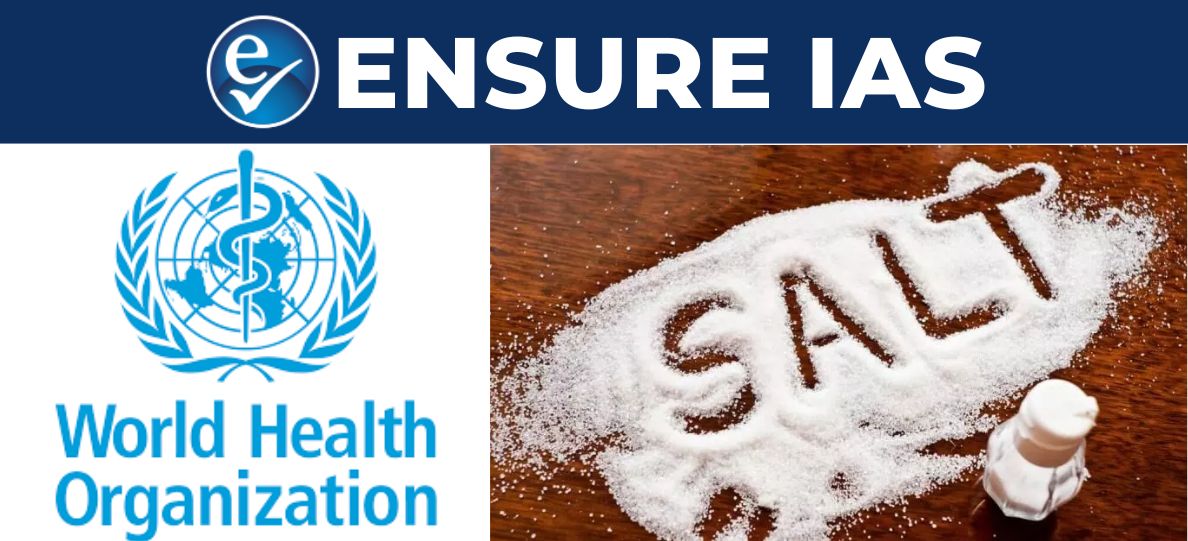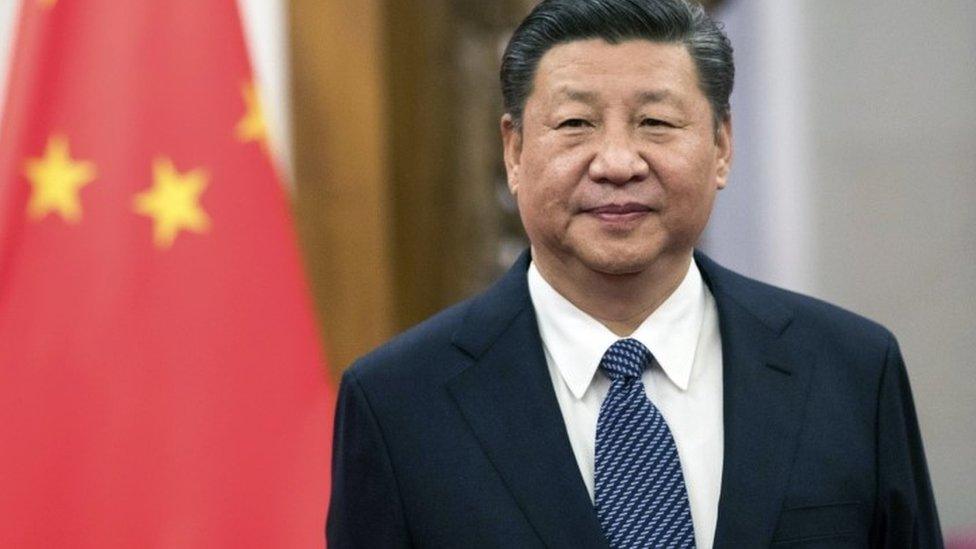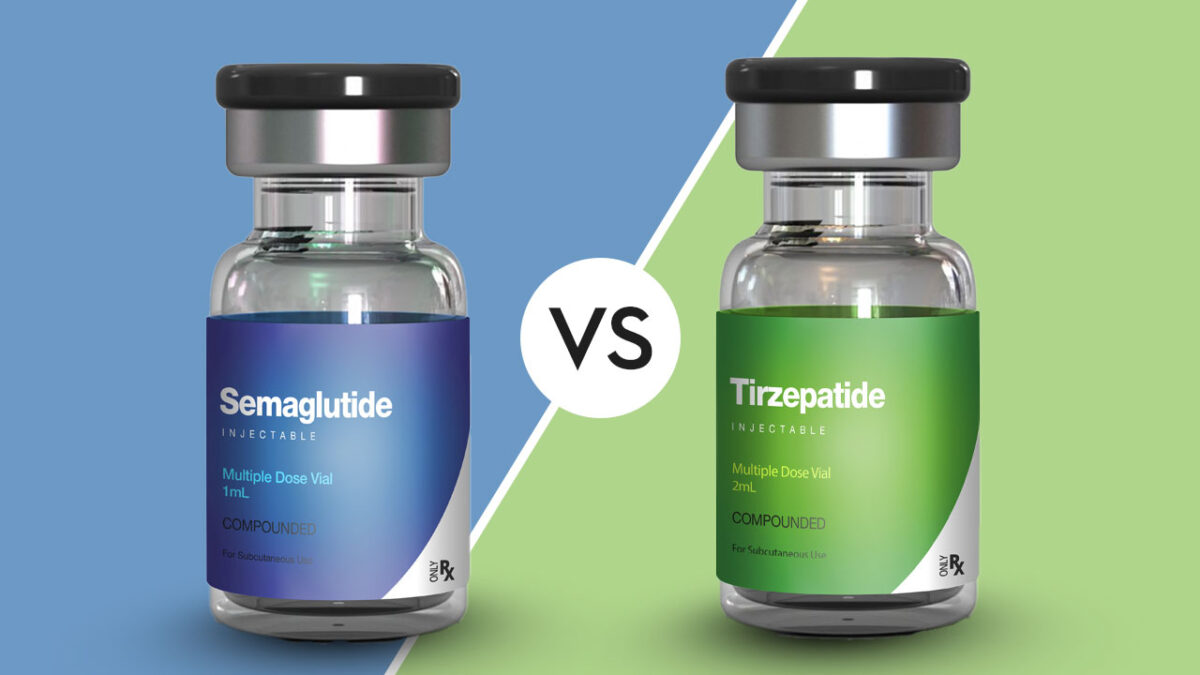- Courses
- GS Full Course 1 Year
- GS Full Course 2 Year
- GS Full Course 3 Year
- GS Full Course Till Selection
- Answer Alpha: Mains 2025 Mentorship
- MEP (Mains Enrichment Programme) Data, Facts
- Essay Target – 150+ Marks
- Online Program
- GS Recorded Course
- Polity
- Geography
- Economy
- Ancient, Medieval and Art & Culture AMAC
- Modern India, Post Independence & World History
- Environment
- Governance
- Science & Technology
- International Relations and Internal Security
- Disaster Management
- Ethics
- NCERT Current Affairs
- Indian Society and Social Issue
- NCERT- Science and Technology
- NCERT - Geography
- NCERT - Ancient History
- NCERT- World History
- NCERT Modern History
- CSAT
- 5 LAYERED ARJUNA Mentorship
- Public Administration Optional
- ABOUT US
- OUR TOPPERS
- TEST SERIES
- FREE STUDY MATERIAL
- VIDEOS
- CONTACT US
WHO’s Guideline on the Use of Lower-Sodium Salt Substitutes (LSSS)
WHO’s Guideline on the Use of Lower-Sodium Salt Substitutes (LSSS)
30-01-2025

- On January 27, 2025, The World Health Organization (WHO) released new guidelines recommending the use of lower-sodium salt substitutes that contain potassium.
- These guidelines are aimed at helping adults reduce their sodium intake to improve heart health and lower the risk of high blood pressure and cardiovascular diseases (CVDs).
- This recommendation is not for pregnant women, children, or individuals with kidney issues.
- Importantly, these recommendations do not apply to packaged snacks and foods eaten at restaurants and cafeterias — which account for a big chunk of the daily sodium intake.
What Are Lower-Sodium Salt Substitutes (LSSS)?
- LSSS are alternatives to regular table salt.
- They contain less sodium and often use potassium chloride as a substitute for part of the sodium chloride.
- These substitutes can provide a similar taste to regular salt while lowering sodium intake.
- Using LSSS instead of regular salt can lower sodium consumption and potentially help reduce blood pressure.
- Replacing some sodium with potassium might also have benefits for heart health because potassium helps manage blood pressure.
What are the WHO’s New Guideline on LSSS
- First, WHO recommends limiting sodium intake to less than 2 grams per day (which is equivalent to about 5 grams of salt) for adults.
- Second, it recommends doing away with table salt as it continues to be one of the best ways of cutting down sodium intake.
- Third and newest guideline asks users to partially replace table salt with potassium.
This guideline is based on scientific research and aims to provide clear, practical recommendations for using LSSS in a way that maximizes health benefits and minimizes risks.
The new recommendation, however, does not apply to women, children, or people living with kidney impairments. There wasn’t enough data to suggest the use of potassium-based salts in these groups.
Why is the guideline important?
- It is extremely important for India, considering the significant burden of hypertension, heart attacks and strokes, even in younger age groups.
- Nearly 35.5 per cent of the country’s population — or 315 million people — are estimated to be living with hypertension in India, according to the INDIAB study.
- Cardiovascular diseases accounted for 28.1 per cent of the total deaths in India in 2016, according to an analysis of the Global Burden of Disease study.
Safety Concerns with LSSS
- One concern with LSSS, especially those containing potassium, is that they could cause hyperkalemia (too much potassium in the blood).
- This can be dangerous, particularly for people with kidney problems, as their kidneys may struggle to remove excess potassium. While LSSS can help lower sodium intake, it’s important to ensure that the levels of potassium are safe for everyone.
- This is why WHO’s new guideline will provide advice on how to use LSSS safely.
Must Read: America’s Exit from WHO: What It Means for Global Health
About WHO:
|
|
Also Read |
|
UPSC Foundation Course |
UPSC Daily Current Affairs |
UPSC Monthly Mgazine |
CSAT Foundation Course |
Free MCQs for UPSC Prelims |
UPSC Test Series |
ENSURE IAS NOTES |
Our Booklist |




